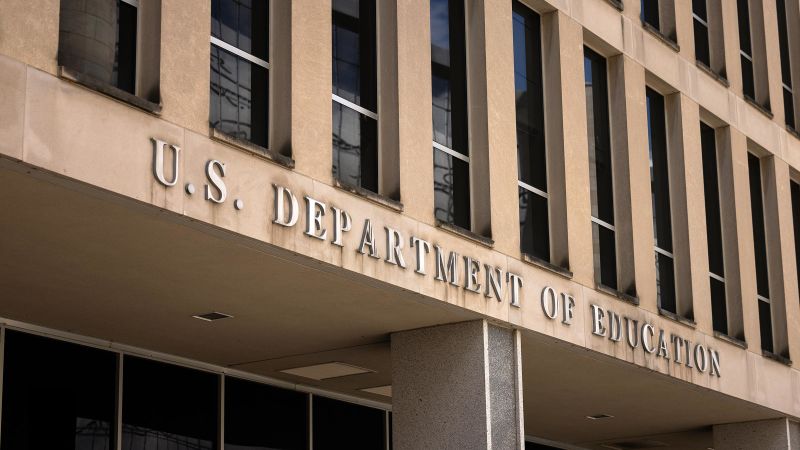
National Pulse: Majority Backs Court Rulings, Democracy Over Disagreement
Despite growing public frustration with recent Supreme Court rulings, Americans overwhelmingly agree on one fundamental principle: presidential respect for the Court's decisions is crucial to maintaining democratic integrity. A new poll released Thursday reveals that even when citizens disagree with specific judicial outcomes, they strongly believe that presidential administrations must ultimately comply with and honor Supreme Court decisions. The survey highlights an important aspect of the American political system - the principle that judicial rulings, regardless of their popularity, represent a critical check and balance in governance. While individual Americans may have passionate disagreements with particular verdicts, there's a widespread recognition that undermining the Court's authority could potentially destabilize the nation's constitutional framework. This sentiment underscores the deep-rooted respect for institutional processes that remains a hallmark of American democratic tradition, demonstrating that procedural legitimacy often transcends immediate political preferences.










